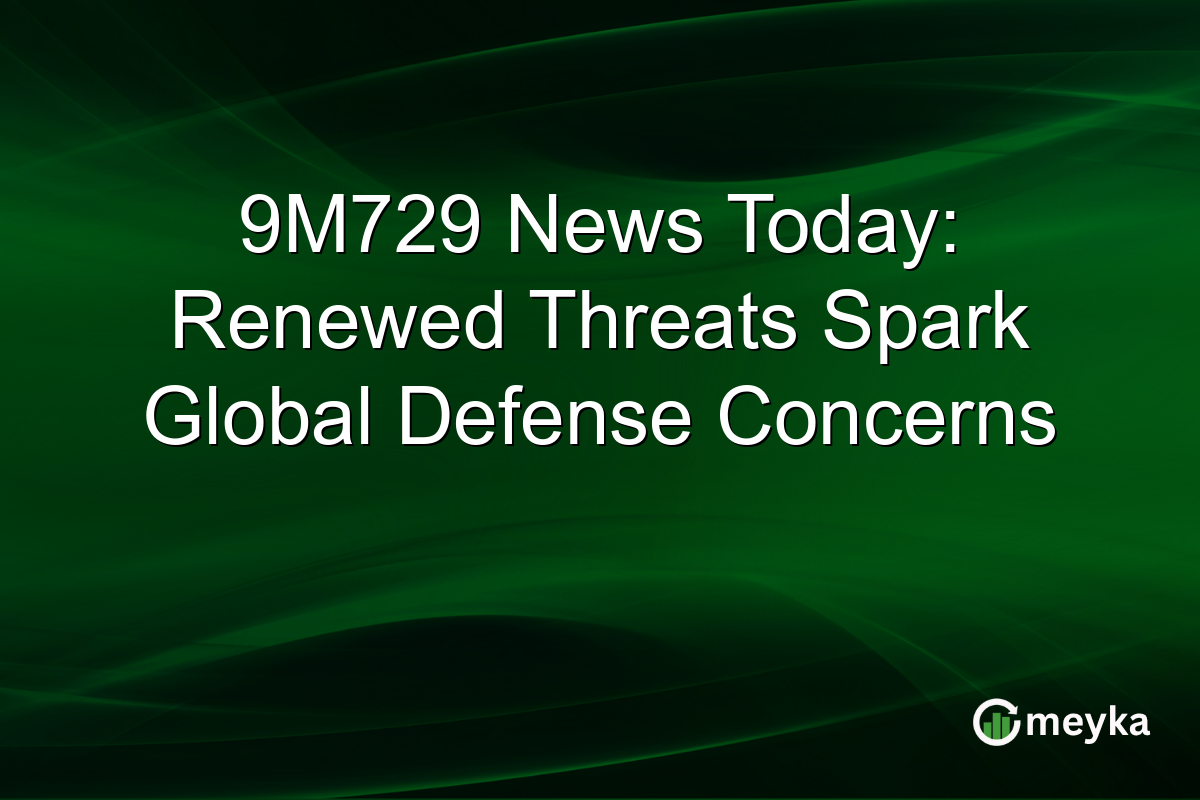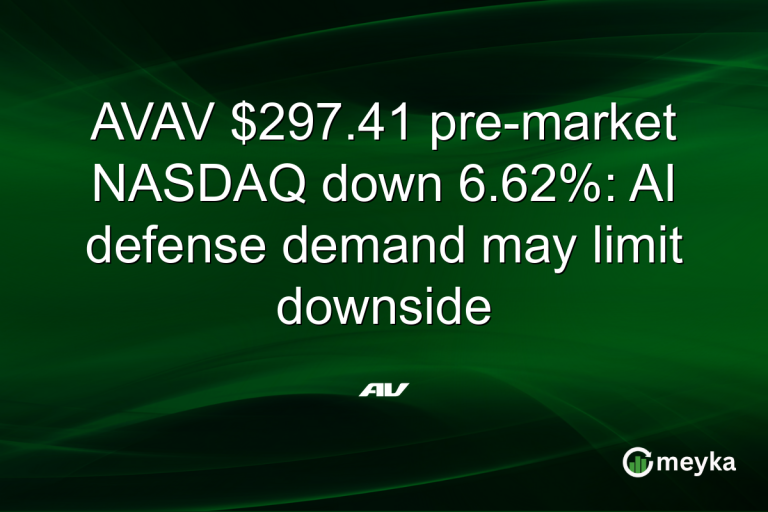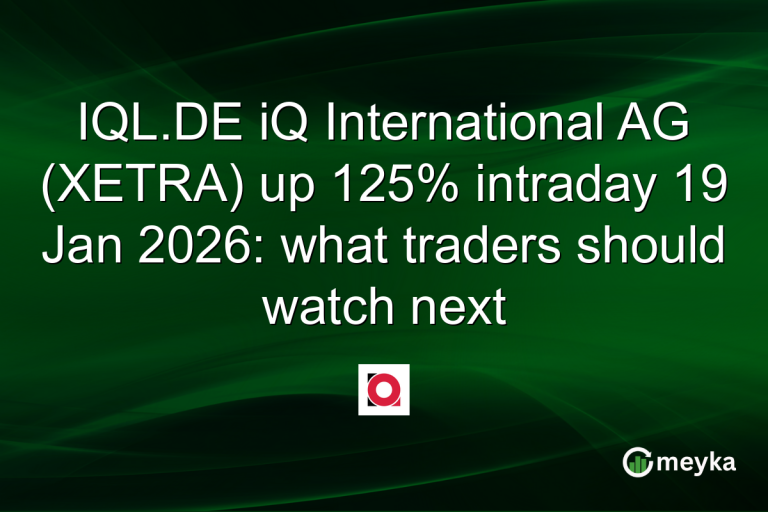9M729 News Today: Renewed Threats Spark Global Defense Concerns
The recent deployment of Russia’s 9M729 missile has reignited global tensions, amplifying fears of a new arms race. Originally designed with capabilities beyond agreed limits, the missile’s use against Ukraine underscores the fragile state of nuclear arms control. This breach of previous treaties is alarming strategic alliances and significantly impacting global defense markets.
Continue Reading on Meyka
This article is available in full on our main platform. Get access to complete analysis, stock insights, and more.
Read Full Article →





